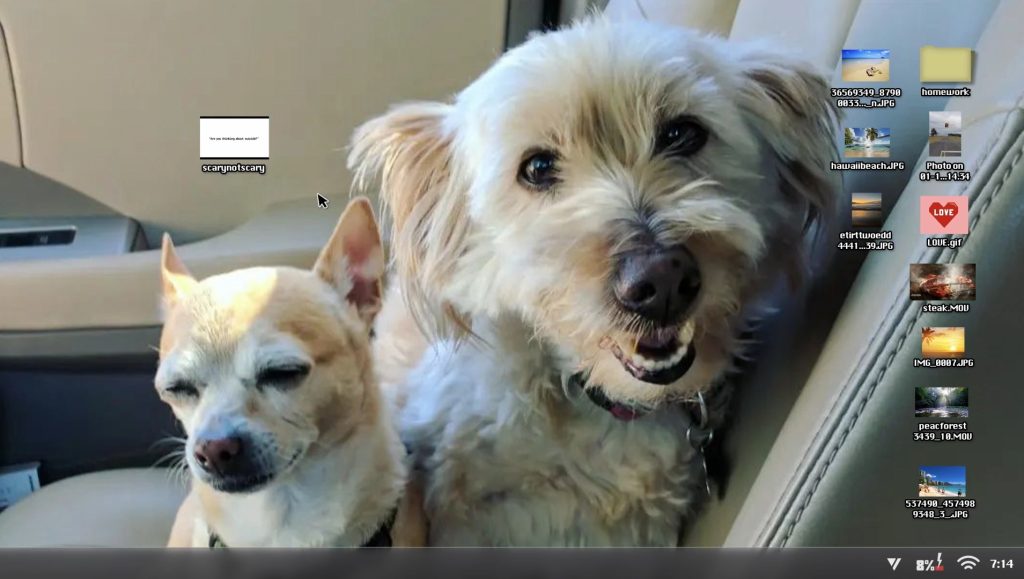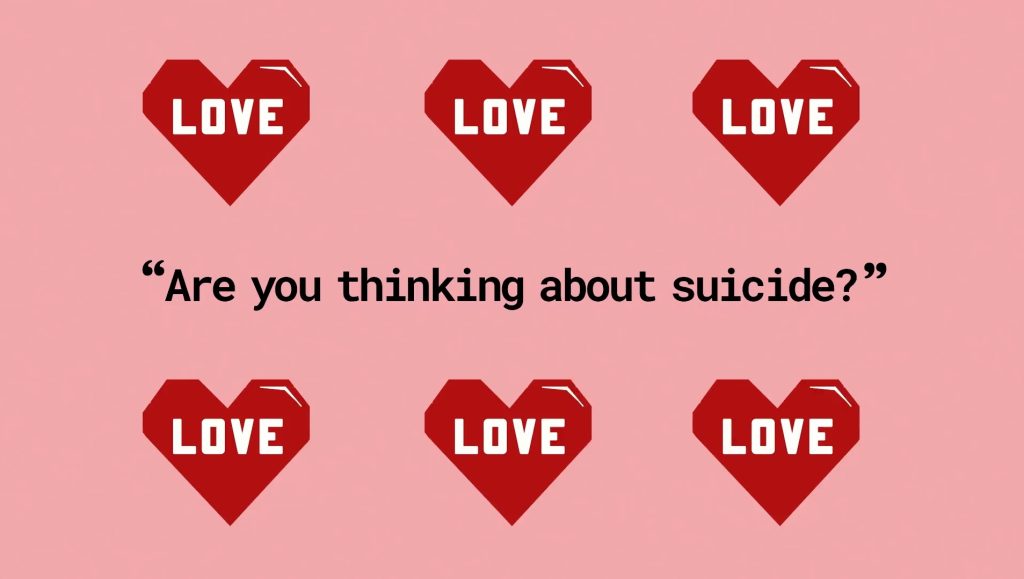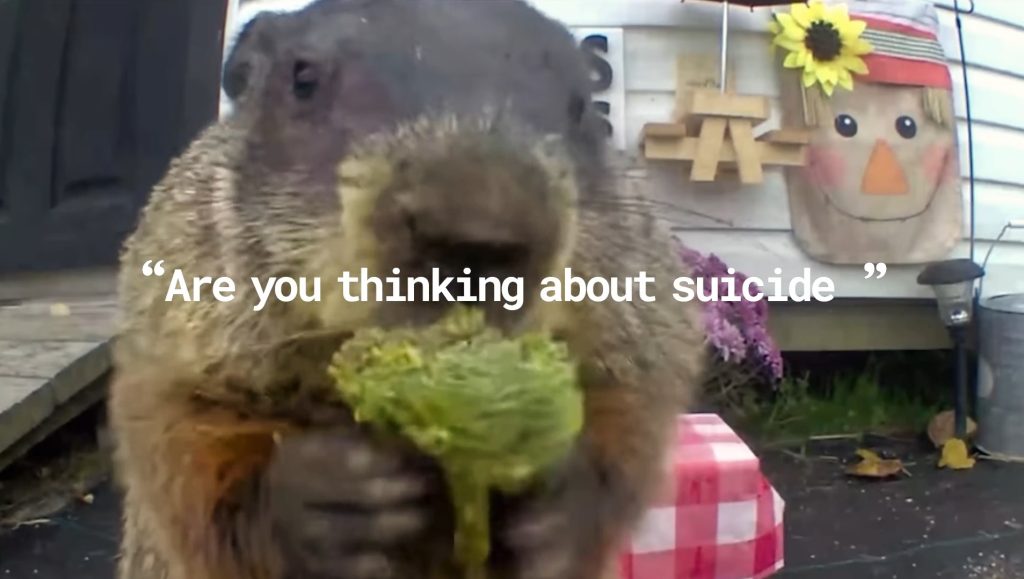Informal PowerPoint Presentation Conceit Coupled With An Authentic Teen Voice Resonate With Parents
The numbers aren’t pretty. Suicide is the second leading cause of death among teens, and yet 3-in-4 parents are unaware that their kids are having suicidal thoughts. Research shows one difference-maker is parents simply asking their kids: “Are you thinking about suicide?” That direct question is at the heart of a smart, new campaign for Seattle Children’s, created by Little Hands of Stone – the creative agency Co-Founded by Michael Boychuk and Matt McCain – that takes a distinct approach to this deadly serious subject for parents.
Entitled “Scary Not Scary,” the campaign will launch in March and air in four states throughout the Northwest, including during the Oscars on March 10th. The media buy includes :60 and :30 spots for broadcast and streaming, as well as PSA distribution.
Distinct is an apt description for the new Little Hands of Stone campaign. Eschewing the rote, somber tones and black-and-white vignettes of struggling kids and helpless parents, “Scary Not Scary” instead uses a first-person teenage narrator who addresses viewers directly and informally, almost as if her actual parents, via an informal PowerPoint-style presentation she created – this generation’s go-to-tool for parental persuasion.
McCain explains that it was crucial to capture an authentic voice of GenZ that could speak directly to adults and say clearly it’s not only okay to ask about suicide, it’s welcome.

“We took out all the advertising elements and made this feel as personal as possible,” McCain says. “A lot of younger people have adopted PowerPoint slideshows as a tool of persuasion, whether to ask for their first car, permission to get a job, to date, to get Taylor Swift tickets, or itemize their birthday wish list. These presentations for kids have gone viral on social media and we loved the idea of using this approach as a way to get kids to convince their parents to calm down, get over their fears, and just ask the question.”
McCain notes one takeaway from reviewing many of these types of presentations and talking to young people is that they don’t overthink the images in their presentations. They tend to search and use the first decent image that pops up. That’s why the visuals that drive the spot are decidedly informal – phone pics of the family dogs, emoji heart gifs, stock photos of beaches, etc.

The real heart of the creative is in the copywriting, which leads with the simple question: “Are you thinking about suicide?” Those five words appear on-screen throughout the spot as if to break any stigma they contain with ubiquity. “It’s a form of exposure therapy,” says Boychuk.
Speaking The Language Of GenZ:
To make sure they were accurately speaking the language of GenZ, Little Hands of Stone worked with a young, female creative team who helped shape the voice of the narrator, as well as assembled their own youth advisory board to gut-check ideas and sharpen the voice and tone. And, then there was Matt and Michael’s own teenage daughters, a “voice” in the broadest terms they hear every day.

“The most challenging part of this was striking the right balance between lighthearted and playful, without being insensitive to a sensitive subject,” McCain adds. “We worked with the experts at Seattle Children’s throughout the process to make sure we weren’t unintentionally being offensive or triggering any harmful emotions. We couldn’t have done something this unconventional within this category without their assurances that the campaign wasn’t going to do damage.”
Candi Nicholson, Director of Brand and Creative Services at Seattle Children’s, notes, “It’s so important for adults to talk to the young people they love about suicide, whether they think they’re in crisis or not. Our goal is to make these conversations easier.”
Source: Little Hands of Stone

You must be logged in to post a comment Login